Cancer Dietitian Reveals Seven Foods and Drinks She Tells People to Avoid Consuming
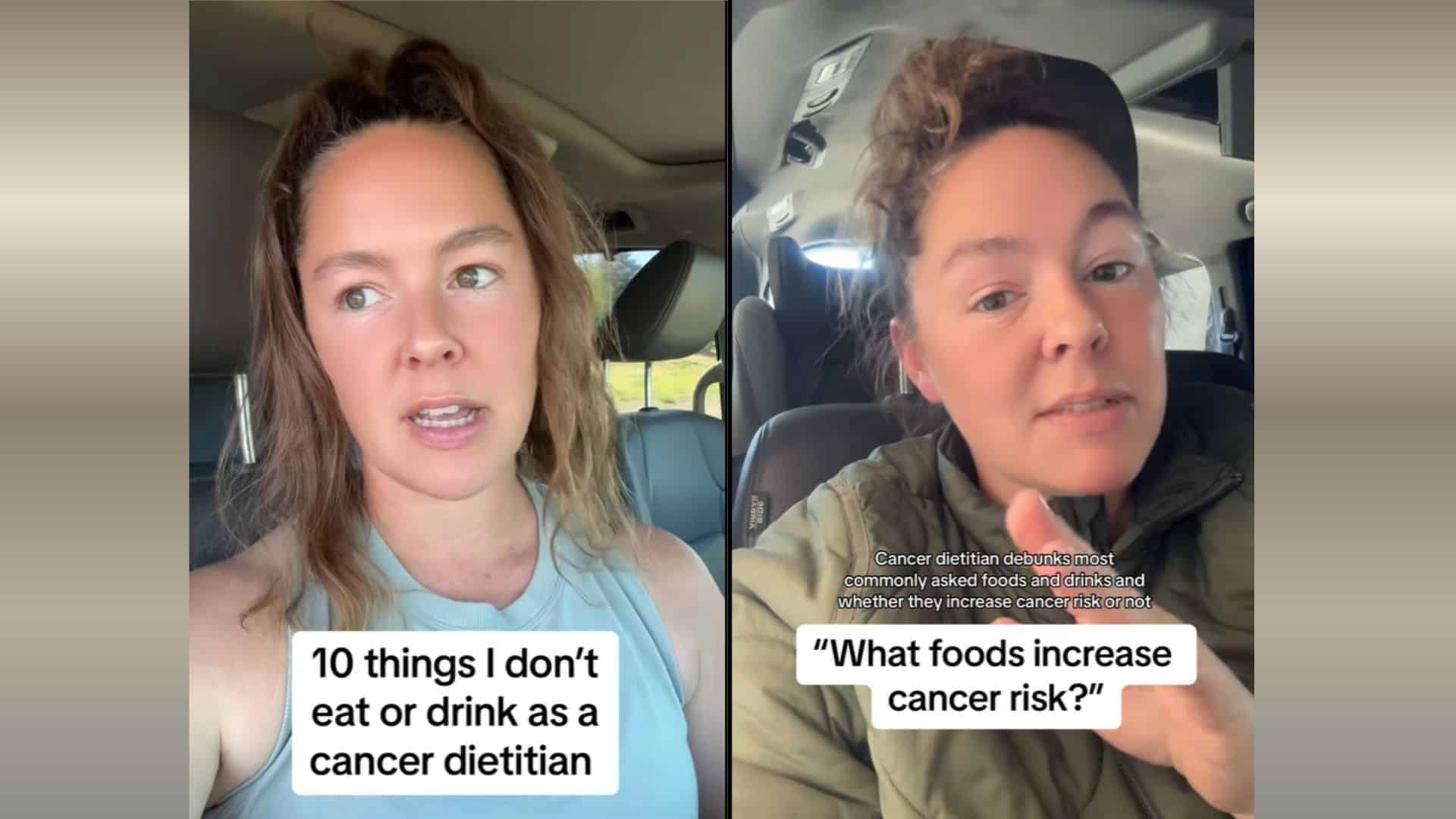
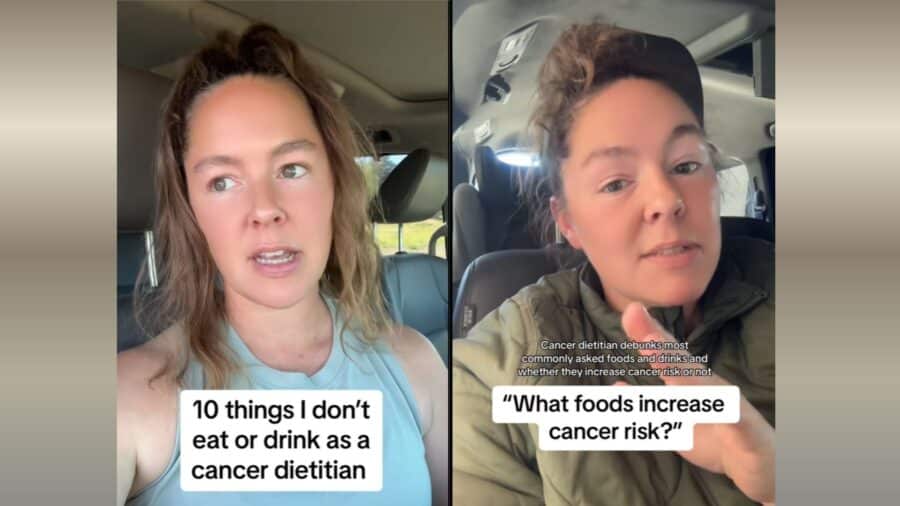
Nichole Andrews, a board-certified oncology dietitian with more than a decade of experience, has built a reputation for cutting through myths about nutrition and cancer.
She shares practical, evidence-based advice on her TikTok channel, where her videos have reached millions of viewers, and in her book Sugar Does Not Feed Cancer: The Complete Guide to Cancer Prevention, Nutrition & Lifestyle.
Her message is clear: while no single food causes or prevents cancer, certain dietary habits can increase risk over time. Recently, Andrews highlighted the foods and drinks she avoids—and the science behind her choices is worth paying attention to.
Processed Meats
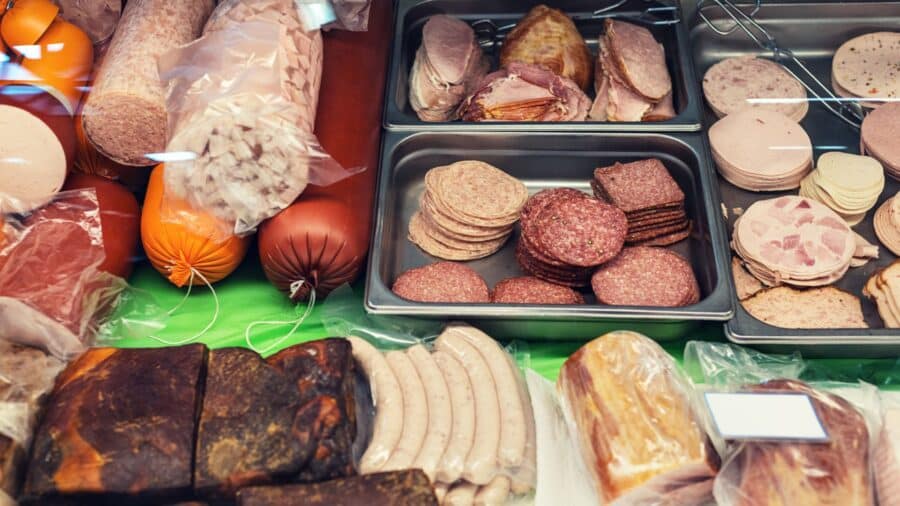
Andrews cautions against processed meats such as hot dogs, bacon, and deli slices, classified by the World Health Organization as Group 1 carcinogens. These products often contain nitrates and nitrites, compounds that can form cancer-causing substances when consumed. Multiple studies have linked frequent consumption to a higher risk of colorectal cancer.
Sugary Drinks
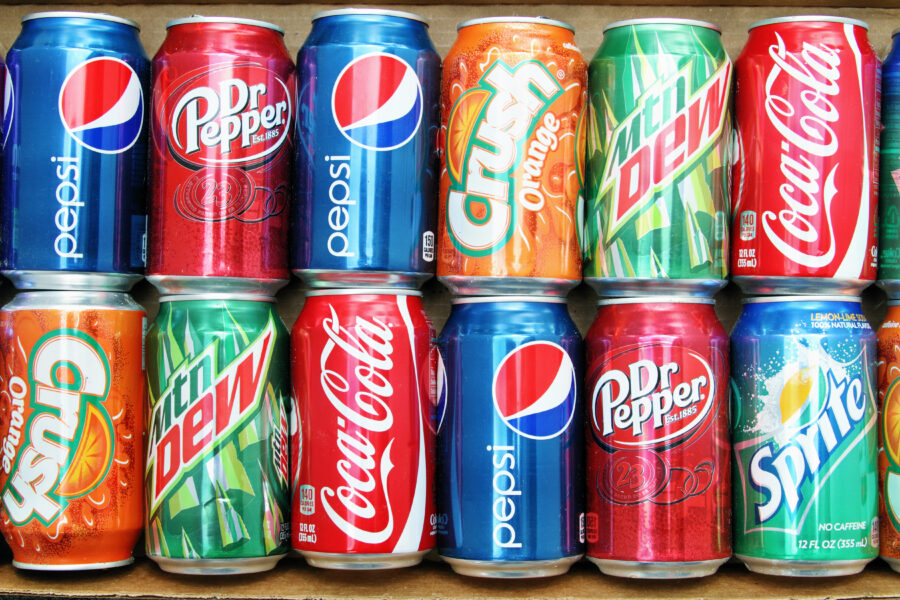
While Andrews’s book makes it clear that “sugar does not feed cancer” in the simplistic sense, Andrews warns against sugary beverages like soda and sweetened teas. The concern isn’t sugar directly “feeding” cancer, but rather how excess sugar intake contributes to obesity and insulin resistance, both of which are linked to increased cancer risk.
Alcohol
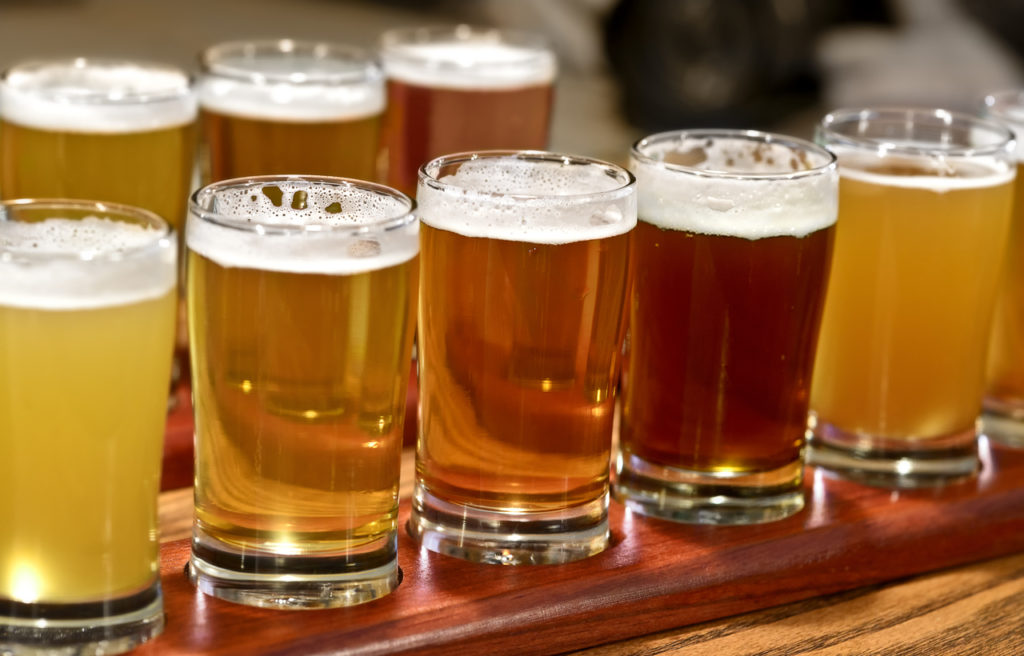
Alcohol has long been recognized as a cancer risk factor, and Andrews emphasizes this in both her media appearances and TikTok posts. The American Cancer Society states there is no safe level of alcohol when it comes to cancer prevention. Regular drinking raises the risk for breast, liver, esophageal, and colorectal cancers, largely due to how alcohol is metabolized into acetaldehyde, a toxic chemical.
Ultra-Processed Foods
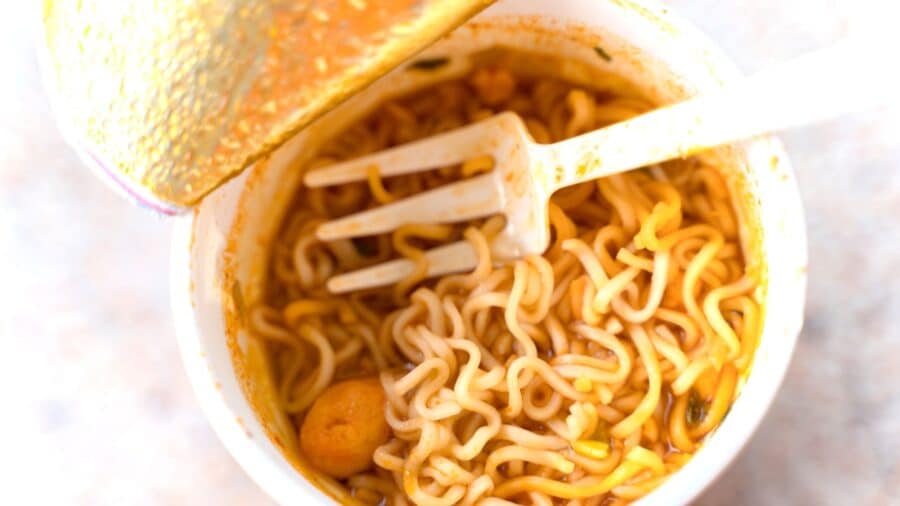
From packaged snacks to instant noodles, ultra-processed foods are another category Andrews avoids. These foods often combine preservatives, additives, high salt, and low-quality fats. A growing body of research shows diets high in ultra-processed foods are linked to increased risks of obesity and certain cancers, partly because they displace nutrient-dense whole foods.
Red Meat in Excess
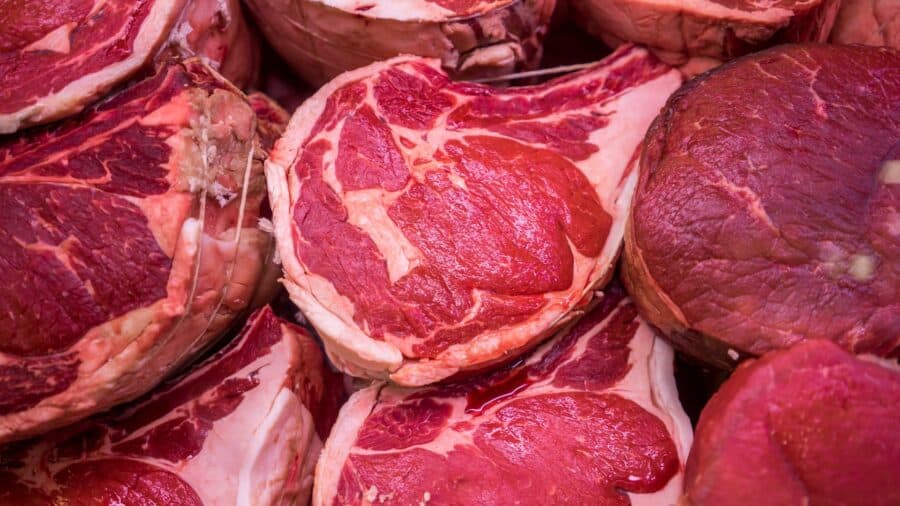
Andrews doesn’t necessarily promote cutting out all red meat, but she stresses limiting it. Research suggests frequent intake of red meat, especially when grilled or charred, can raise the risk of colorectal cancer. The cooking process can form heterocyclic amines (HCAs) and polycyclic aromatic hydrocarbons (PAHs), which are carcinogenic.
Energy Drinks
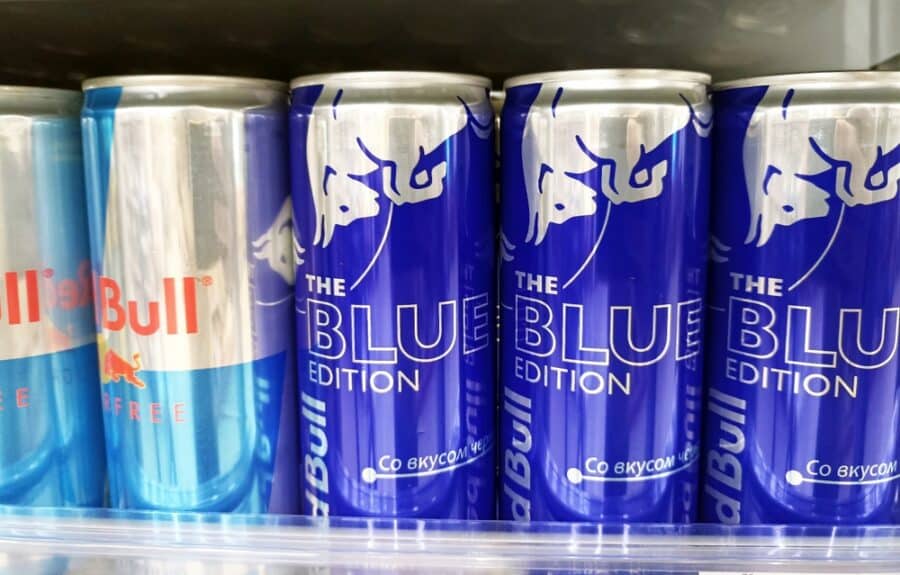
Energy drinks are another item on her “avoid” list. Beyond high sugar content, many contain excessive caffeine and stimulants that can stress the body. While research on their direct cancer link is limited, Andrews highlights how they contribute to poor overall health and can indirectly increase cancer risk through effects on sleep, weight, and metabolic health.
High-Fat Processed Dairy
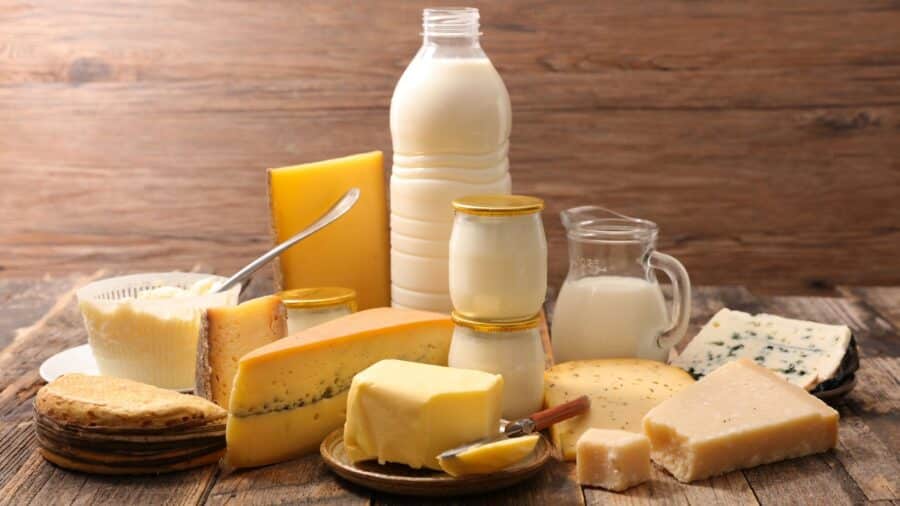
Andrews also flags high-fat dairy products, particularly those heavily processed, as foods she avoids. While dairy itself isn’t universally harmful, diets rich in saturated fats have been associated with higher risks of prostate and breast cancers in some studies. Moderation and choosing lower-fat or minimally processed options are key.
A Final Word on Food and Cancer Risk
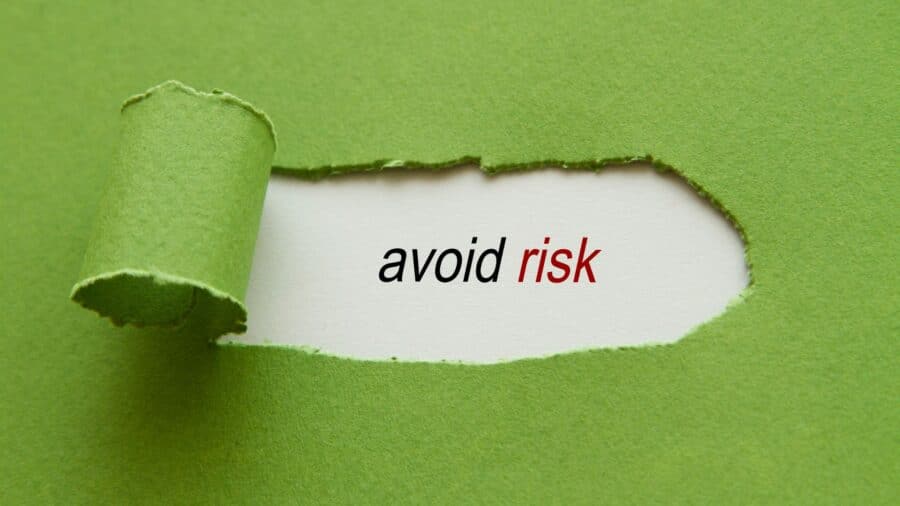
While cancer risk is influenced by many factors, diet is one area we can actively control. Nichole Andrews, along with other nutrition experts, emphasizes that small, everyday choices, like cutting back on processed meats, alcohol, and sugary drinks, can lower long-term risk.
The key isn’t perfection but consistency. Building a diet centered on whole, nourishing foods provides the best foundation for health and reminds us that prevention often starts on our plates.
